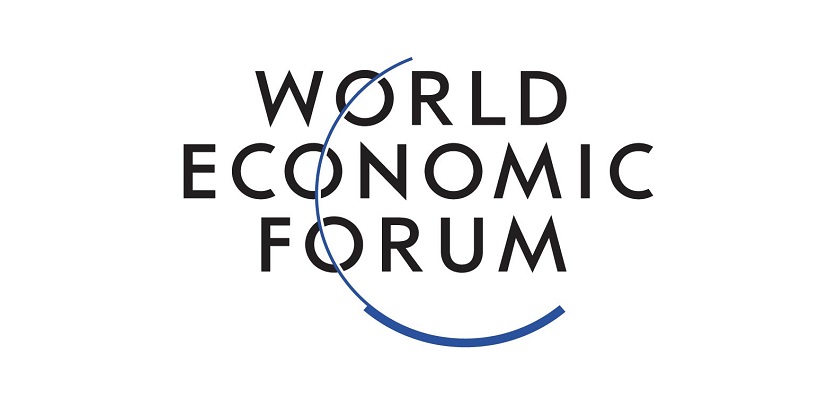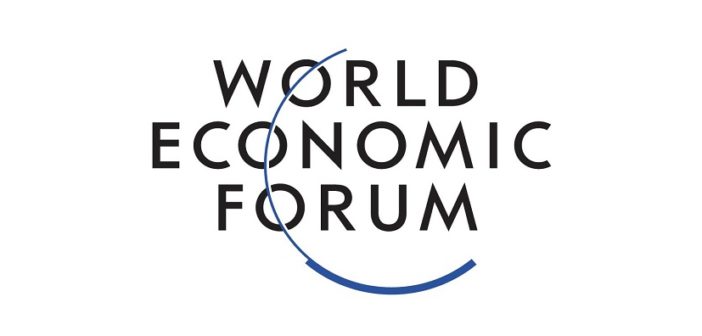
Media and tech companies are taking steps to counter harmful content online by cooperating with global and local health authorities, academia, civil society and other members of the media ecosystem. While the types of false information on COVID-19 vary in their theme, scope and reach, the most dangerous content is inaccurate health advice on how to “prevent” or “cure” the infection, such as taking a specific drug.
Many news outlets are ramping up their efforts to bust coronavirus myths. While there has been a significant increase in news subscriptions tied to COVID-19 from customers looking to stay informed, news organizations are also experiencing staggering declines in advertising revenue as entire industries pull back their marketing spend.
On the social media front, networks and teams of fact-checking experts are working closely to identify which claims are false and tech companies have also taken steps to stop those who are looking to exploit the public for profits during this crisis.
Almost all search engines and social networks have prohibited advertising products and services mentioning the coronavirus infection by implementing stricter rules for ads and limited monetization.
Support for media in this fight against bad actors and misinformed users, in addition to global cooperation between the public and private sector, will be central to success in the future.
Farah Lalani is the Project Lead for Advancing Global Digital Content Safety within the Media, Entertainment and Information Industries at the World Economic Forum. She is exploring content moderation and COVID-19 cooperation through the COVID Action Platform. Previously, she worked with high tech and media companies on their business and digital strategies at Accenture.






